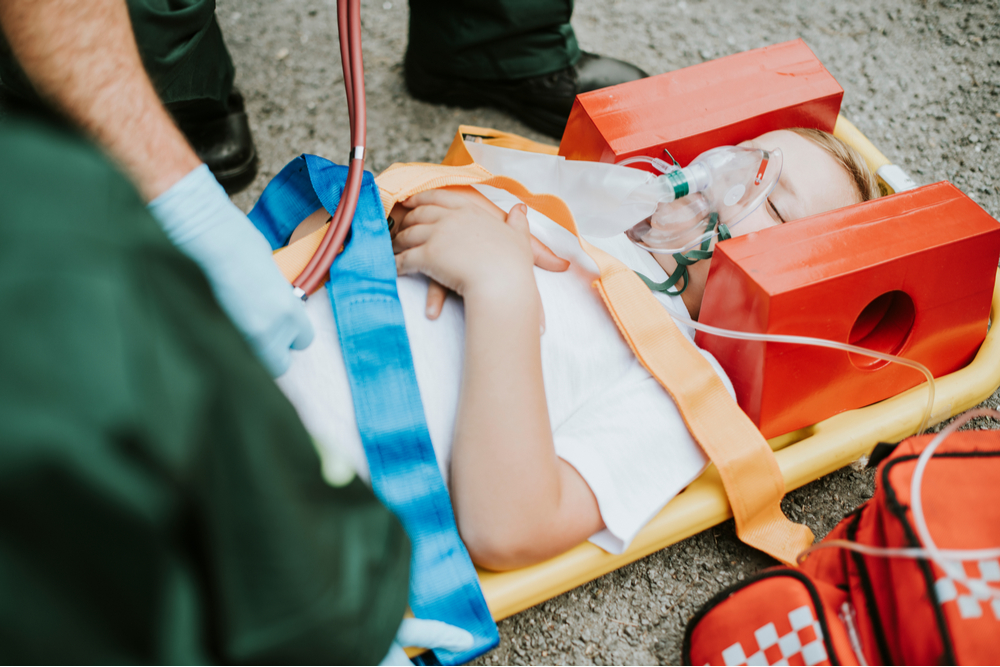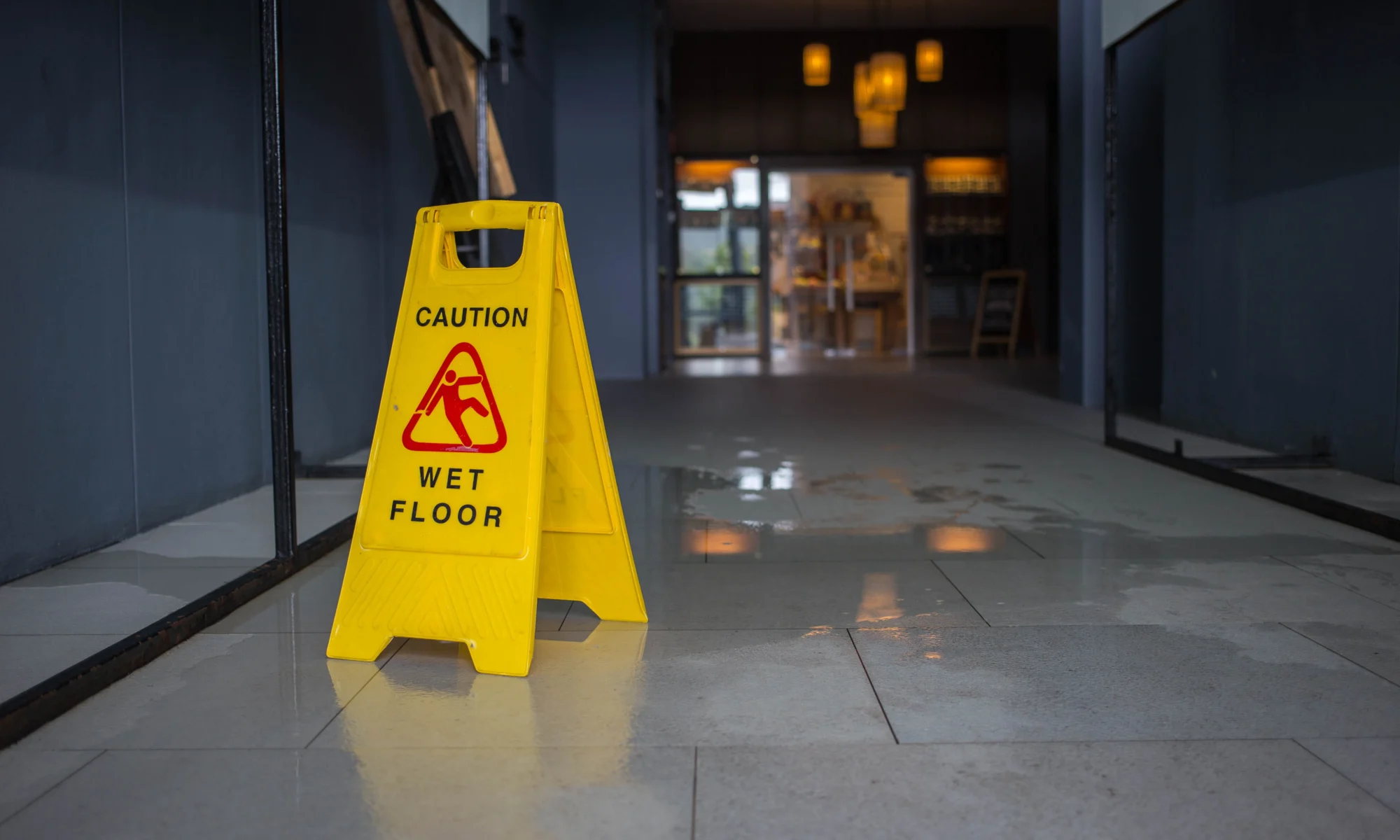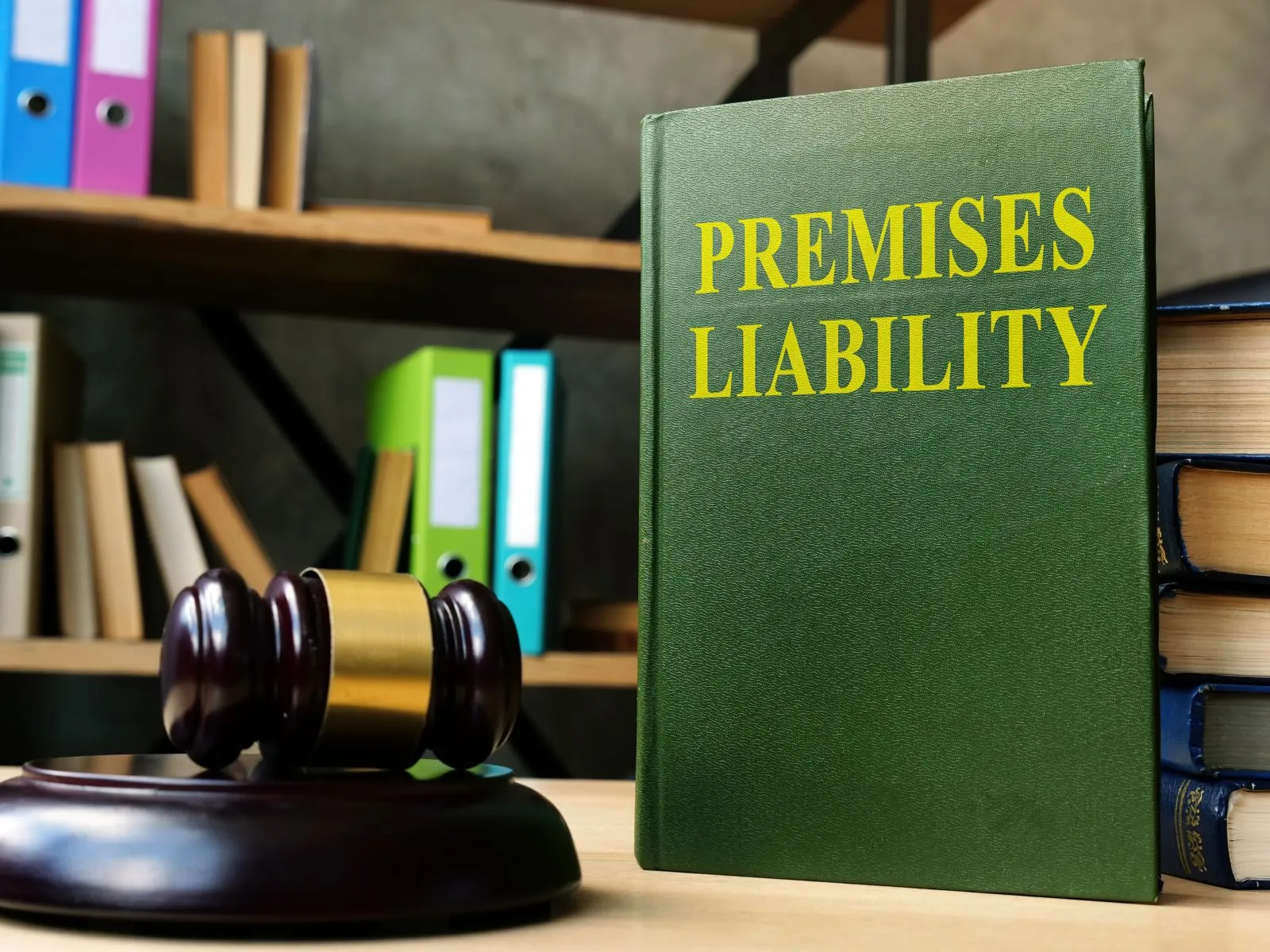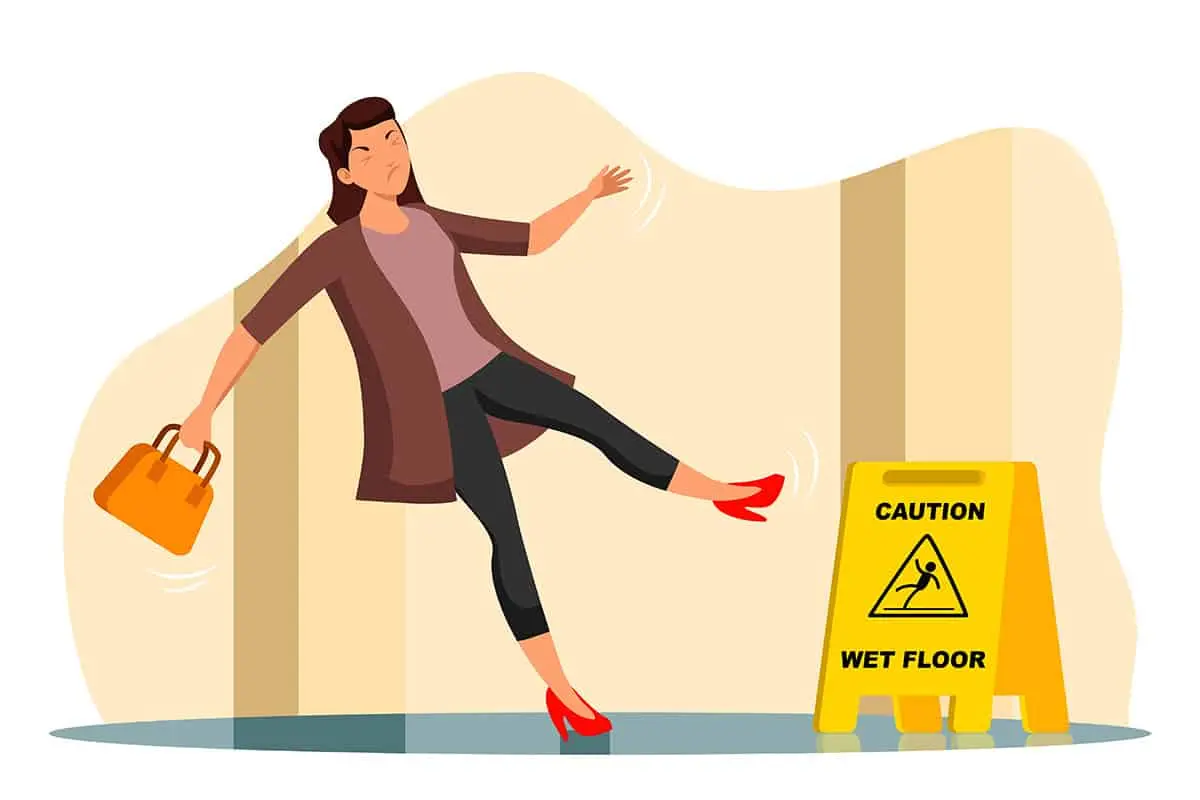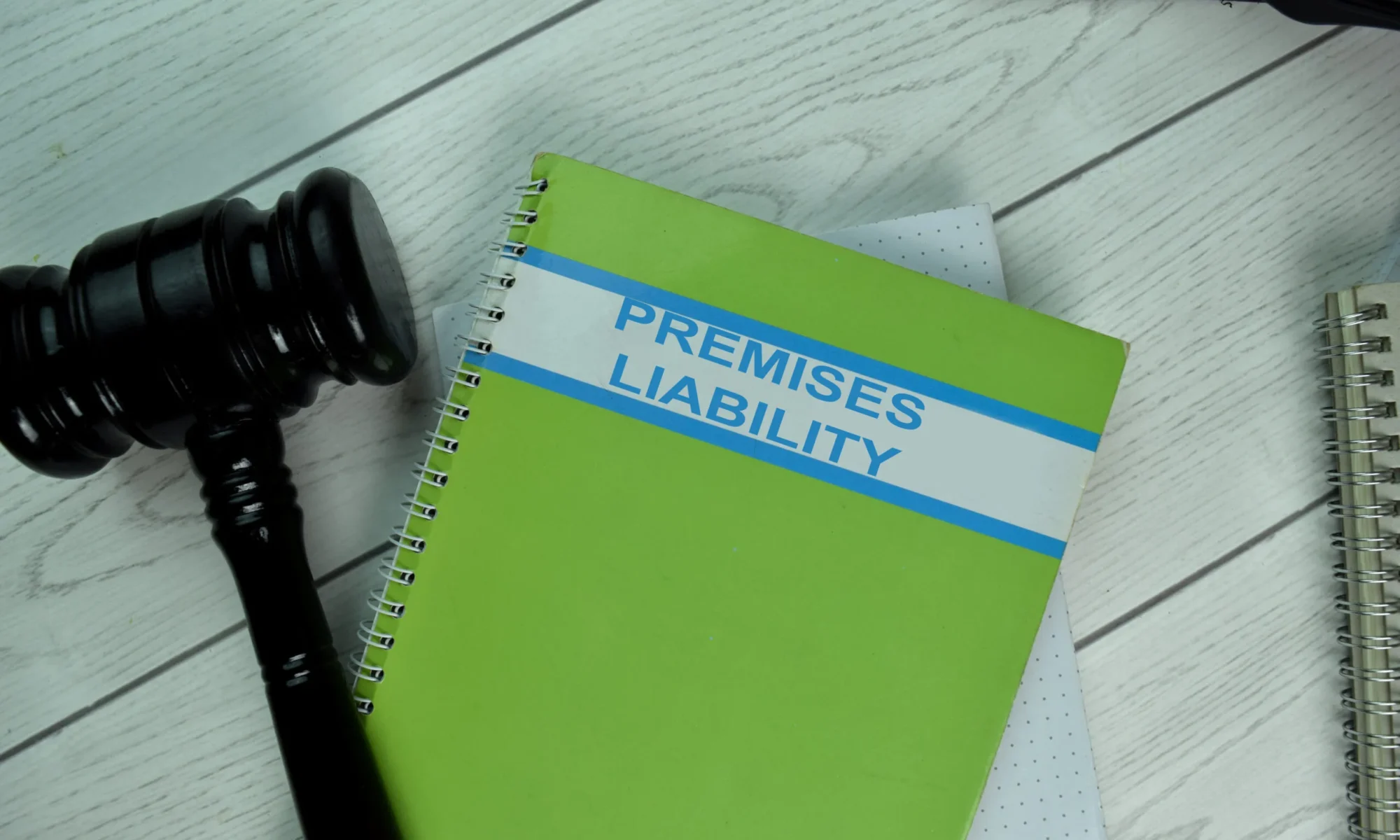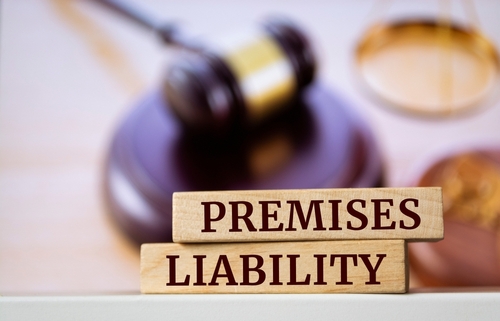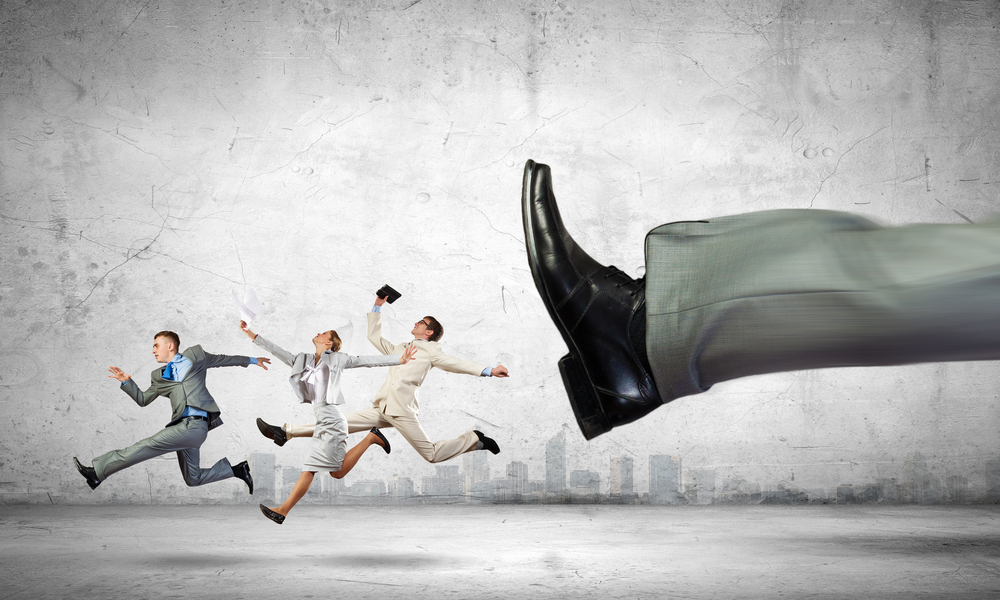Stepping on a rogue Lego in your own living room hurts. But when a mishap on someone else’s property leaves you with a sore tailbone (or worse), things get a whole lot more complicated. This is where premises liability law swoops in, like a legal superhero ready to fight for your right to compensation. But “How to Win a Premises Liability Case?” Well, winning a premises liability case isn’t a walk in the park. It requires evidence, understanding the legalities, and sometimes, a little bit of resilience.
So, buckle up as we unpack the essentials of a premises liability case and explore how to increase your chances of a successful outcome.
The Dreaded Slip, Trip, and Fall: Understanding Premises Liability
Premises liability boils down to one key principle: property owners have a legal duty to maintain a safe environment for visitors. This applies to a wide range of locations, from grocery stores and shopping malls to apartment buildings and even amusement parks. If a hazardous condition on the property causes you to get injured, you might have a premises liability case.
Here’s the catch: the property owner isn’t responsible for every bump and bruise. There needs to be negligence involved. Imagine a supermarket with a leaky mop bucket precariously balanced near a busy aisle. The owner knew (or should have known) about the danger but failed to fix it or warn customers. If you take a tumble because of that slippery situation, you might have a strong case.
The Legal Breakdown: Proving Your Case
Winning a premises liability case hinges on establishing four crucial elements:
- Duty: The property owner owed you a duty of care. This means they had a responsibility to keep the premises reasonably safe for visitors like yourself.
- Breach: The owner breached that duty by failing to maintain the property, repair hazards, or warn visitors about potential dangers.
- Causation: The owner’s negligence directly caused your injury. In other words, your trip and fall wouldn’t have happened if the hazard hadn’t been there.
- Damages: You suffered damages as a result of your injury, such as medical bills, lost wages, or pain and suffering.
Building a Strong Case: Evidence is King (and Queen)
Here’s where things get interesting. Just saying you slipped on a banana peel (metaphorically speaking) isn’t enough. You need solid evidence to support your claim. Here’s your legal ammunition checklist:
- The Incident Report: Most responsible property owners will have an incident report form. Fill it out promptly and accurately, detailing the accident, your injuries, and any witnesses.
- Photographic Evidence: Pictures are worth a thousand doctor bills (almost). Take photos of the hazardous condition that caused your injury, the surrounding area, and even your visible injuries (with a time stamp if possible).
- Witness Statements: Were there any friendly bystanders who saw the whole thing unfold? Get their written statements or contact information as soon as possible.
- Medical Records: This one’s a no-brainer. Document your injuries with medical records from doctor visits, ER trips, and any treatment you receive.
- Security Footage: If the property has security cameras, requesting footage (especially if it captures the incident) can significantly strengthen your case.
Want to know more about “Is Premises Liability the Same As Negligence?” Visit our blog page now to read all about it!
Navigating the Legal Maze: When to Call in An Atlanta Premises Liability Lawyer
Premises liability law can get tricky. While the internet offers a wealth of information, it’s not a substitute for professional legal guidance. Here are some situations where consulting an Atlanta Premises Liability Lawyer is a wise move:
- Your injuries are severe: If you’re facing extensive medical bills, lost wages, or long-term disability due to your injury, a lawyer can help you navigate the complexities of seeking compensation.
- The insurance company is being difficult: Insurance companies aren’t exactly known for handing out blank checks. A lawyer can advocate for you and ensure you receive a fair settlement.
- The case involves complex legalities: Premises liability cases can involve factors like property ownership, different types of visitors (invitees, licensees, trespassers), and varying degrees of negligence. A premises liability lawyer with experience in this area can ensure your case is presented effectively.
The Art of Negotiation: Settlements vs. Going to Court
Many premises liability cases are settled outside of court. This can be a faster and less stressful option. However, it’s crucial to understand the full extent of your damages before accepting a settlement offer. Your lawyer can help you negotiate a fair compensation package that covers your medical bills, lost wages, and pain and suffering.
If a settlement can’t be reached, you might need to take your case to court. This can be a lengthy and expensive process, so be prepared for the long haul. But with careful preparation and a skilled legal team, going to court can also provide an opportunity to present your case thoroughly and seek maximum compensation. It’s important to weigh the pros and cons of settling versus going to court based on your individual circumstances and the strength of your case. Consulting with your lawyer and understanding all your options can help you make an informed decision that aligns with your best interests.
Stacking the Odds in Your Favor: Additional Tips
While evidence and legal muscle are crucial, there are other ways to strengthen your case:
- Act Quickly: Don’t delay! Gather evidence, file an incident report, and seek medical attention promptly. The fresher the details, the stronger your case.
- Be Honest and Consistent: When providing details about the accident, be truthful and stick to your story. Inconsistencies can raise doubts and weaken your position.
- Beware of Social Media: We all love to post, but venting about your accident on social media can be used against you. Avoid posting anything about the accident until your case is resolved.
- Stay Organized: Keep all your documents in order, from medical bills to witness statements. This will make things easier for you and your lawyer when building your case.
Remember, Patience is a Virtue
Premises liability cases can take time to resolve. Medical records need to be compiled, negotiations might take place, and if court is involved, the process can be lengthy. Stay patient, communicate openly with your lawyer, and trust the process.
The Takeaway: Knowledge is Power
While navigating a premises liability case can seem daunting, understanding the legalities and taking proactive steps can significantly increase your chances of success. Remember, you have the right to seek compensation for injuries caused by another’s negligence. With the right evidence, a strong legal team, and a dose of patience, you can emerge from this situation feeling empowered and fairly compensated.
Slipped and fell on shaky ground? Don’t let a property owner’s negligence leave you financially unstable. Shani Brooks Law can help you navigate the legal maze of a premises liability case and fight for the compensation you deserve. Get a free consultation today and see how Shani Brooks Law can turn your tumble into triumph.

